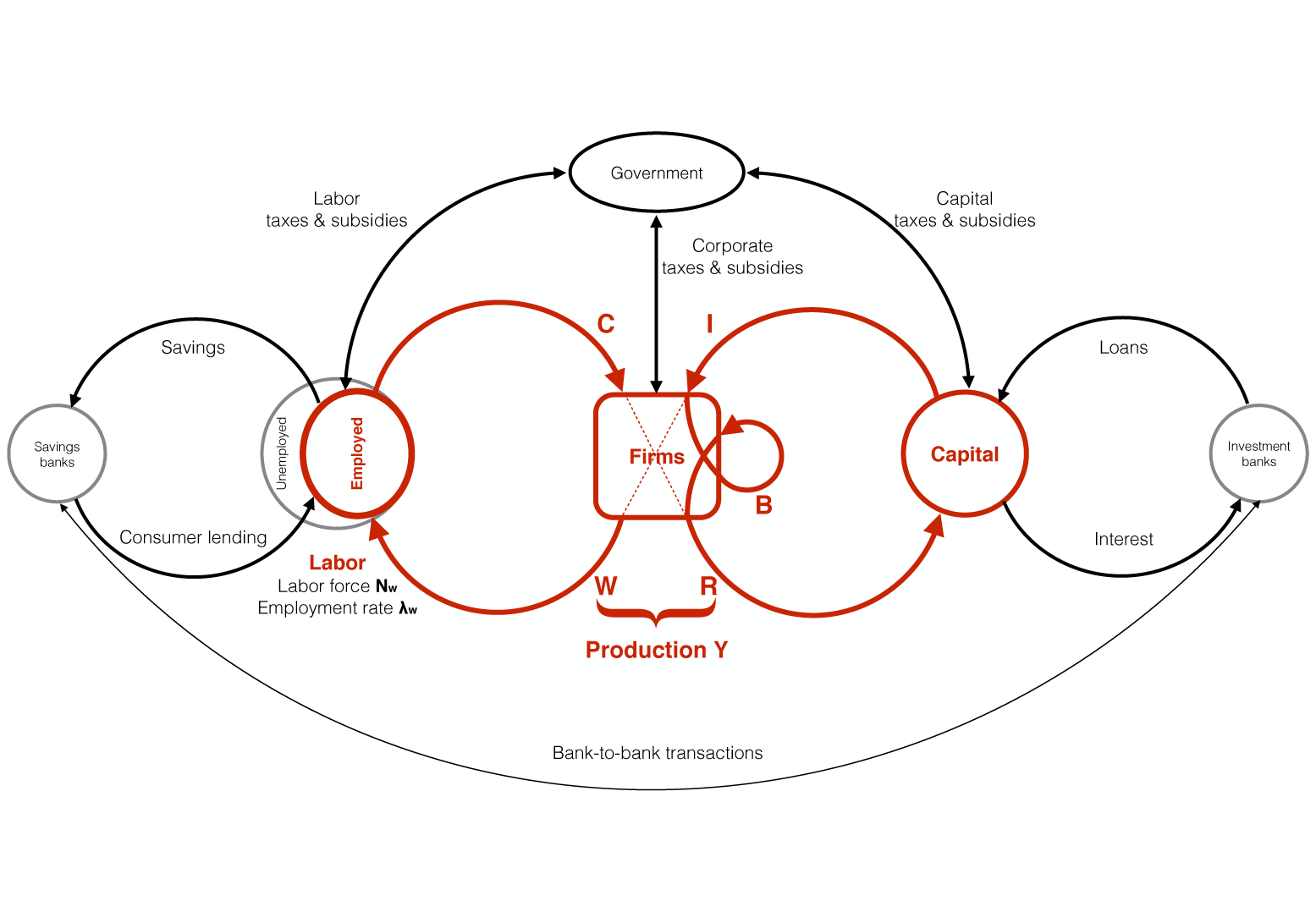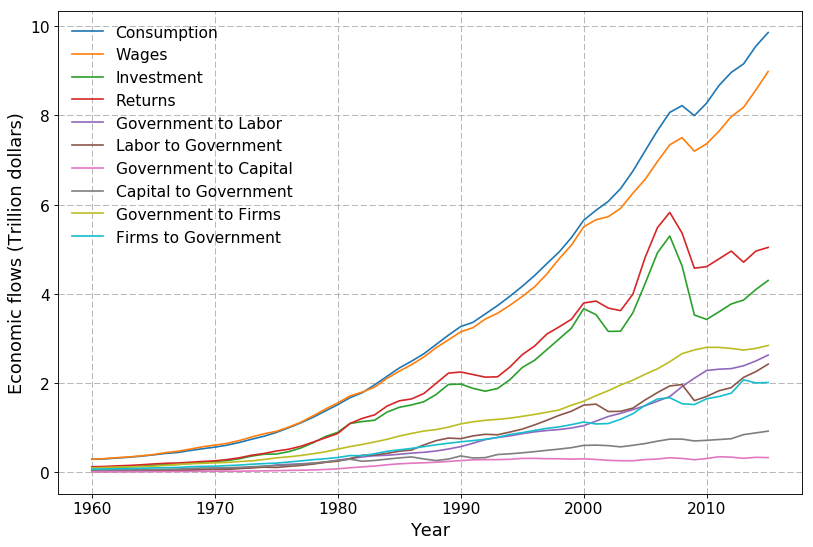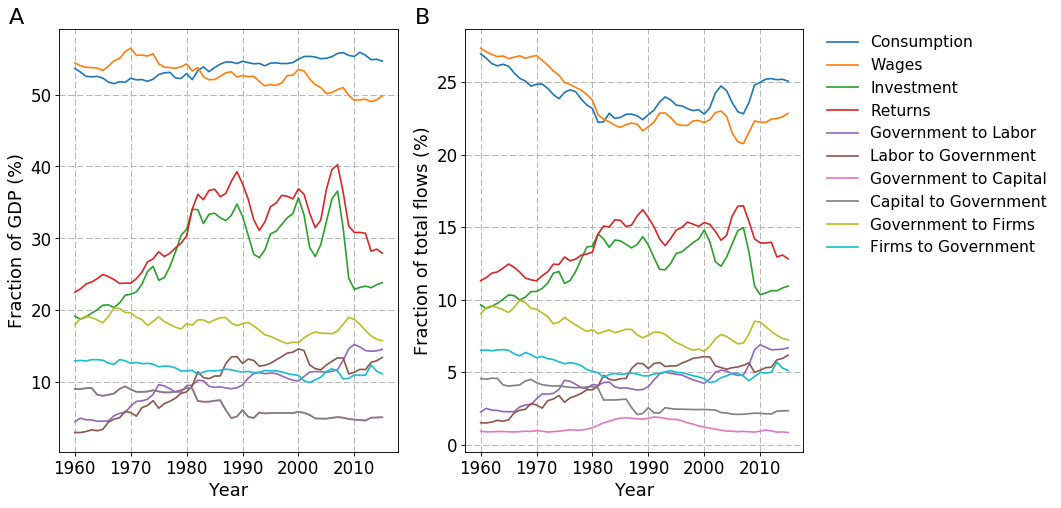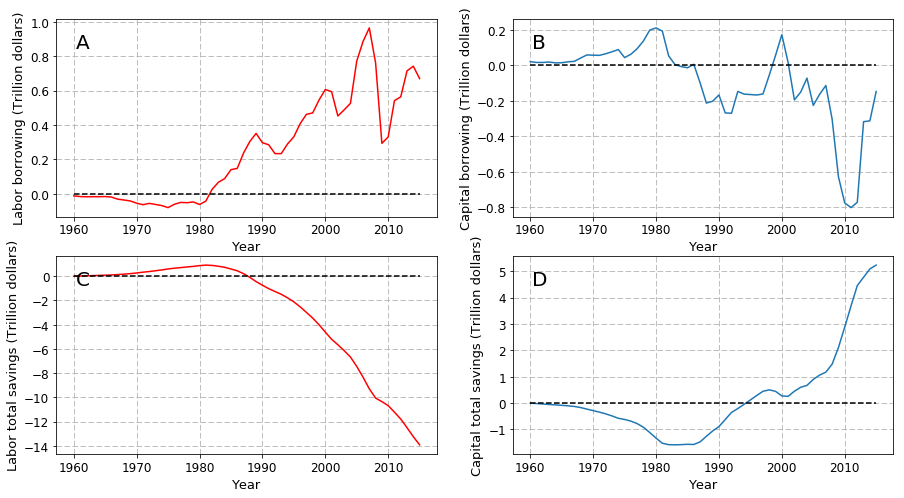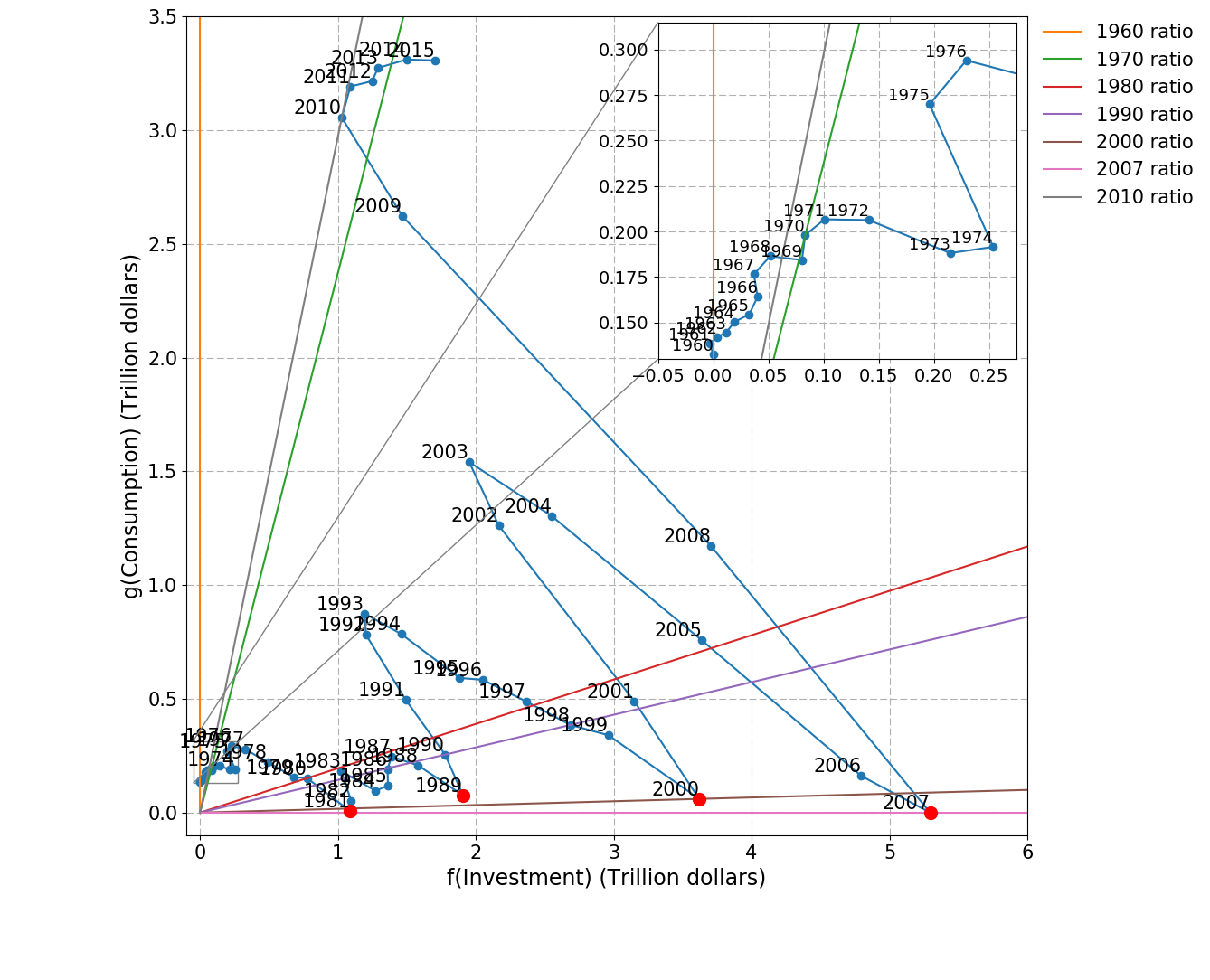Source: America Has a Monopoly Problem—and It’s Huge | The Nation, by Joseph E. Stiglitz
The Nobel Prize winner argues that an economy dominated by large corporations has failed the many and enriched the few.
This increase in market power helps explain simultaneously the slowdown in productivity growth, the sluggishness of the economy, and the growth of inequality—in short, the poor performance of the American economy in so many dimensions.
We should be concerned about this agglomeration of market power not just because of its economic consequences, but also because of its political consequences. An increase in economic inequality leads to an increase in political inequality, which can and has been used to create rules of the game that perpetuate economic inequality.
For a third of a century, the American economy has failed to enhance the well-being of a majority of its citizens. … There is no simple answer to problems as deep, longstanding, and pervasive as those I have discussed here. … What is required is a panoply of reforms—rewriting the rules of the American economy to make it more competitive and dynamic, fairer and more equal. … Much is at stake—not just the efficiency of our market economy, but the very nature of our democratic society.
Continue reading America Has a Monopoly Problem—and It’s Huge | The Nation
